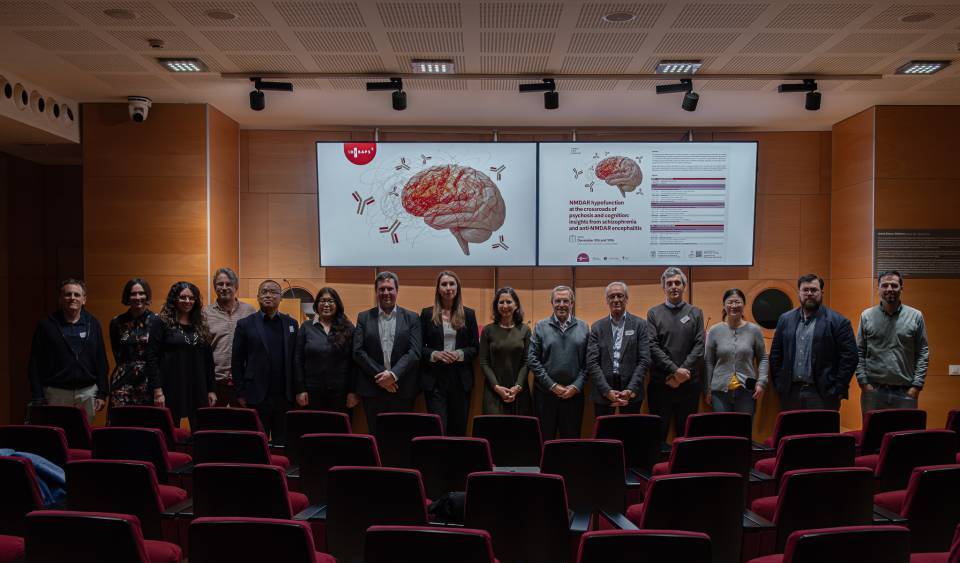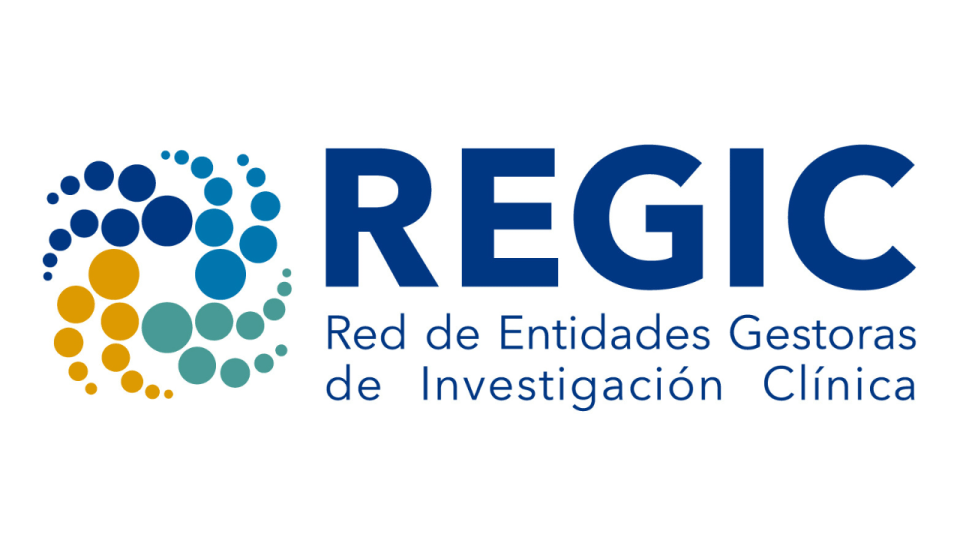Now, a study led by Clínic-IDIBAPS, in which 20 hospitals from all over Spain participated, has analysed in detail a long series of cases with neurological complications derived from this immunotherapy. The study, published today in the journal The Lancet Neurology, has identified three conditions that increase mortality risk.
The article describes three possible predictors of a fatal outcome: lung cancer, alteration of brain function without detection of inflammation signs, and muscle weakness due to a combination of myasthenia, myositis and myocarditis.
"What we have seen with this retrospective study is that 20% of patients who develop neurological complications derived from immune checkpoint inhibitors treatment dies during the first month. Therefore, it is essential to identify them to take intensive and fast action. In this sense, in-depth knowledge of the clinical symptoms and possible predictive factors of poor prognosis, such as these three conditions, is vital to be able to do so", says Eugenia Martínez, researcher in the Pathogenesis of autoimmune neuronal disorders research group at IDIBAPS and in the Neuroimmunology and Multiple Sclerosis Unit at the Hospital Clínic in Barcelona.
No specific antibodies are detected in the majority of these neurological complications
Since 2018, when immunotherapy with immune checkpoint inhibitors began to be used, the various neurological complications derived from the treatment had not yet been specifically classified or defined in detail, nor the possible risk factors leading to their development. This study responds to the need to unify clinical classification criteria and to define patterns to offer more individualized management.
The review of the 64 cases from different centres and studied at Clínic-IDIBAPS has shown that 80% affect the central nervous system, and that patients present symptoms such as decreased cognitive functions, changes in personality or decreased level of consciousness. In addition, it should be borne in mind that, in some patients, these symptoms occur without signs of inflammation in the brain.
Regarding the neurological complications mechanisms derived from this oncological immunotherapy, Eugènia Martínez explains: "According to our analysis, it seems that they are not directly caused by antibodies, as in the case of autoimmune diseases, therefore, It is necessary to explore the pathological processes behind it, related to the cancer itself and to the activation of the immune system by immunotherapy, to find the most appropriate treatment for these patients".
This was a study coordinated by the Clínic-IDIBAPS with the participation also, among others of the Hospital 12 de octubre in Madrid, the Hospital Universitari de Bellvitge and the Catalan Institute of Oncology, the Hospital del Mar, the Hospital Clínico Universitario Lozano Blesa, the Clínica Universitaria de Navarra, and the Hospital de la Santa Creu i Sant Pau. It has been funded by the Carlos III Health Institute and by the European Union.
Study reference
Elianet Fonseca et al. Identifican tres condiciones que podrían aumentar la mortalidad por complicaciones neurológicas derivadas de un tipo de inmunoterapia contra el cáncer. The Lancet Neurology. Nov 2023.




